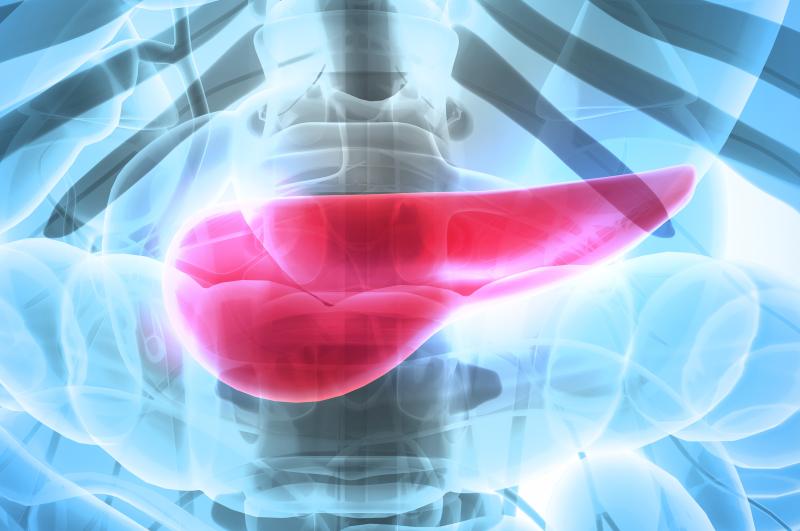
Gemcitabine-based adjuvant chemotherapy appears to confer survival benefits to patients with resected ampullary adenocarcinoma, suggests a study. However, this beneficial effect may be exclusive to those with the pancreatobiliary or mixed subtype.
A propensity score-matched analysis was conducted to compare survival between patients with and without adjuvant chemotherapy in this international multicentre cohort study. A total of 1,163 patients who underwent pancreatoduodenectomy for ampullary adenocarcinoma between 2006 and 2017, in 13 centres in six countries, were included.
The authors used propensity scores to match patients who received adjuvant chemotherapy with those who did not in the entire cohort and in two subgroups (ie, pancreatobiliary/mixed and intestinal subtypes). The Kaplan-Meier method and Cox regression analyses were used to assess survival.
Of the patients, 187 were excluded. The median survival in the remaining participants was 67 months (95 percent confidence interval, 56–78). Adjuvant chemotherapy was administered to 520 patients (53.3 percent). In a propensity score-matched cohort (194 patients in each group), survival was better among those who received adjuvant chemotherapy compared to those who did not (median not survival reached vs 60 months; p=0.051).
Patients with the pancreatobiliary/mixed subtype achieved a survival benefit (median survival not reached in patients received adjuvant chemotherapy vs 32 months in the group without chemotherapy; p=0.020). On the other hand, survival benefit from adjuvant chemotherapy was not observed in patients with the intestinal subtype.